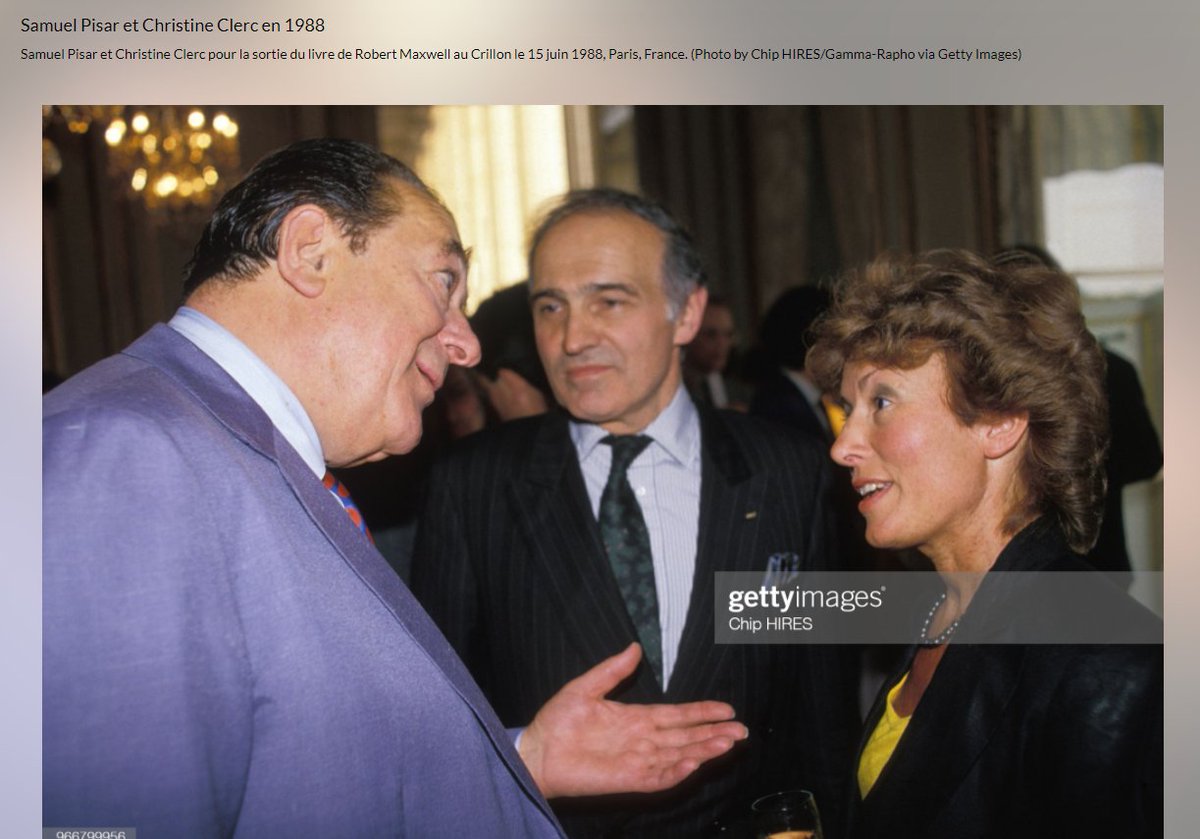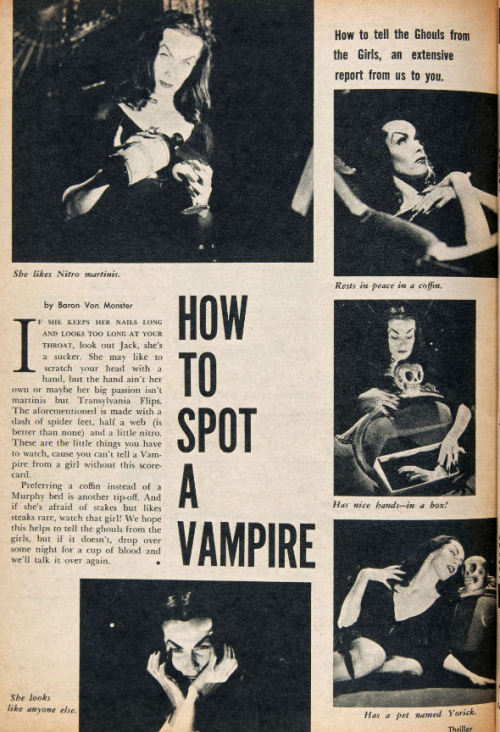2. Research matters, even more than grades
3. Publications matter, but letters of recommendation matter even more
4. Your statement of purpose should be the cherry on top of the cake
2/13
How many languages do we speak in #SignalKinetics @medialab? Quite a few, it seems. Watch and say "hello" in whatever language speaks to you! \U0001f30d\U0001f38c\U0001f5e3\ufe0f#linguistweets #bilingual #globalcitizens pic.twitter.com/LcougoL973
— MIT Signal Kinetics Group (@MIT_SK_Lab) December 4, 2020
Why is it such a source of collective outrage that a person with fatigue following a viral illness gets better?https://t.co/5lcwQBPLU5
— Trisha Greenhalgh \U0001f637 #CovidIsAirborne (@trishgreenhalgh) January 30, 2021


Donald Barr had a way with words. pic.twitter.com/JdRBwXPhJn
— Rudy Havenstein, listening to Nas all day. (@RudyHavenstein) September 17, 2020
